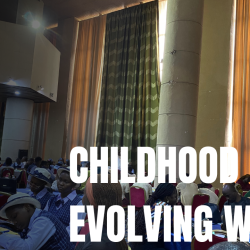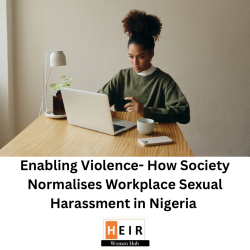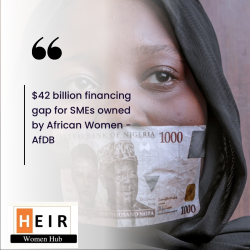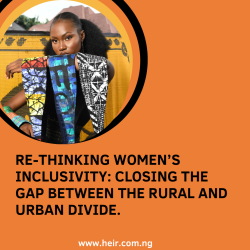Childhood in an Evolving World – A Goodwill Message delivered at National Orientation Agency (NOA) Children’s Day Event
Origins May 27th is a day dedicated to recognise and celebrate children, this begun in the year 1964 and has been consistent in our dear Nation to date. The primary focus of children’s day I centered on the wellbeing and education of our children While this theme today organised by the National Orientation Agency is themed[…]










